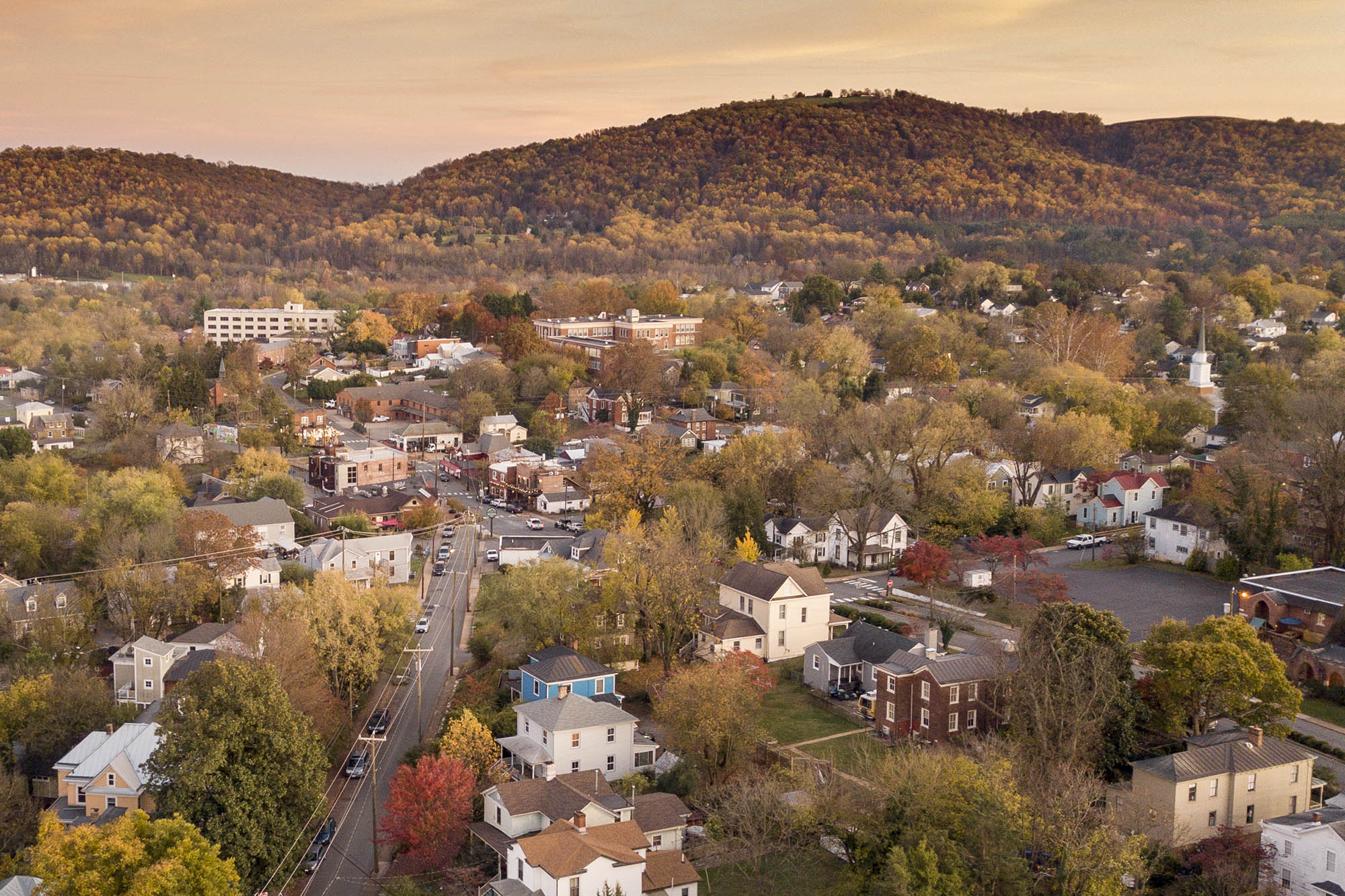With the holidays quickly approaching, the 2021 Commonwealth of Virginia Campaign has entered its final weeks. While many University of Virginia employees have already given to a wide range of nonprofits in our local community, participation has yet to match pre-pandemic levels.
As of earlier this week, only about 4% of UVA employees had made a donation through the CVC, which represents half of pre-pandemic giving levels. For nonprofits and the many people who rely on them, however, the need has never been greater.
Over the course of the pandemic, many nonprofits have struggled with a range of financial woes. Donations and funding declined for many charities and this dire situation was compounded by increased demand for their services and support.
Below are some examples of how donations to the CVC can help local nonprofits.
- $25 allows Piedmont CASA staff to take a child on an enrichment activity.
- $50 helps the Jefferson Area Board for the Aging provide hot meals for 10 people.
- $75 supports the Ivy Creek Foundation’s efforts to conserve and protect the Ivy Creek Natural Area.
- $100 helps the Albemarle Housing Improvement Program provide a critical home repair.
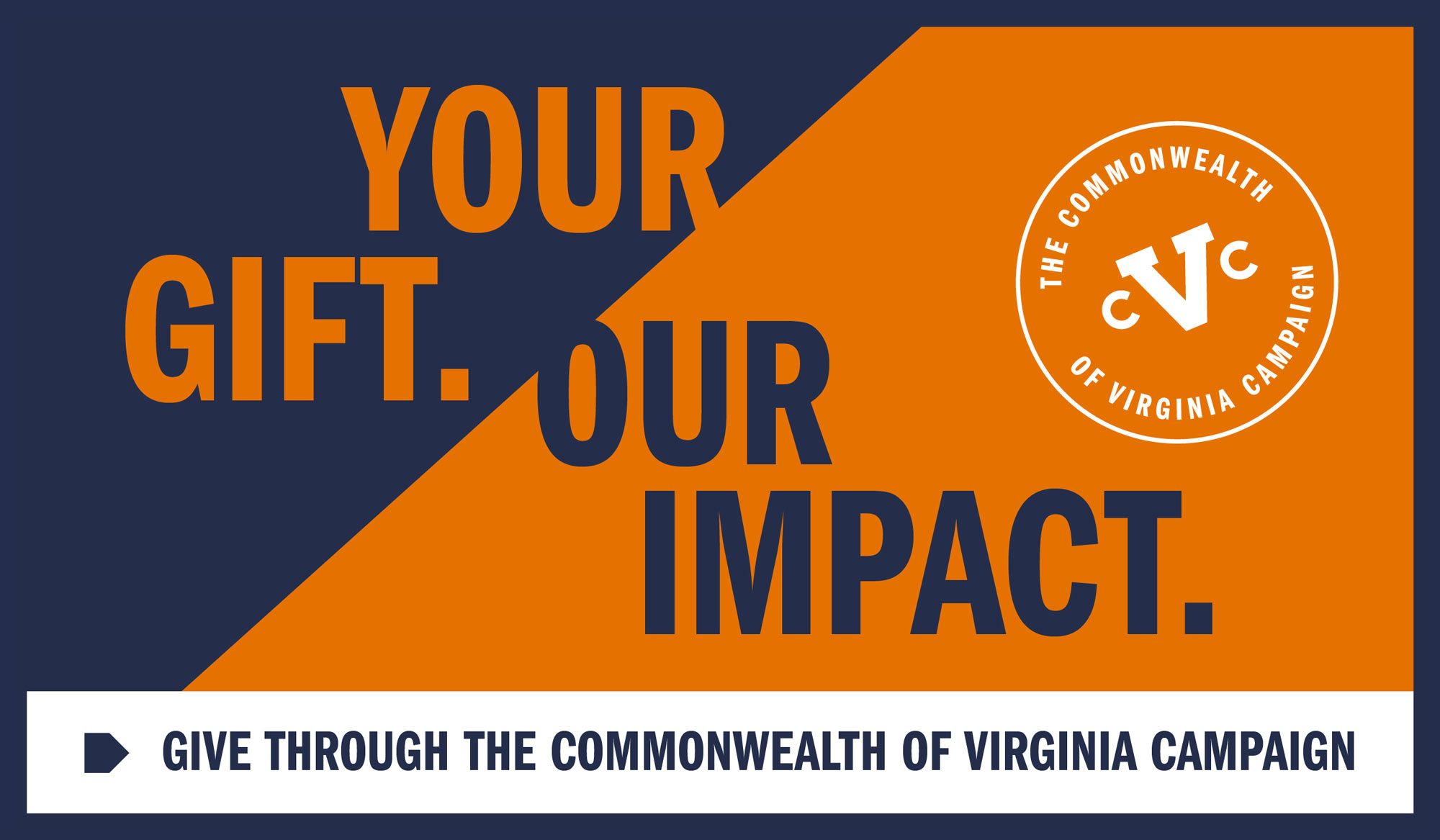
Donations can be made by following the steps outlined below. Employees can give via payroll deduction through Dec. 20 and by credit card until the end of the year.
How to donate through the CVC:
- Visit cvc.virginia.edu.
- Designate any amount to one or more of over 50 nonprofits in Charlottesville, or select from the 900 total participating nonprofits from across Virginia.
- Choose to give via payroll deduction or credit card.
UVA Today caught up with the leaders of several community nonprofits to learn more about their work and how University employees can make a difference right here in Charlottesville.
Jen Jacobs, Executive Director, Albemarle Housing Improvement Program
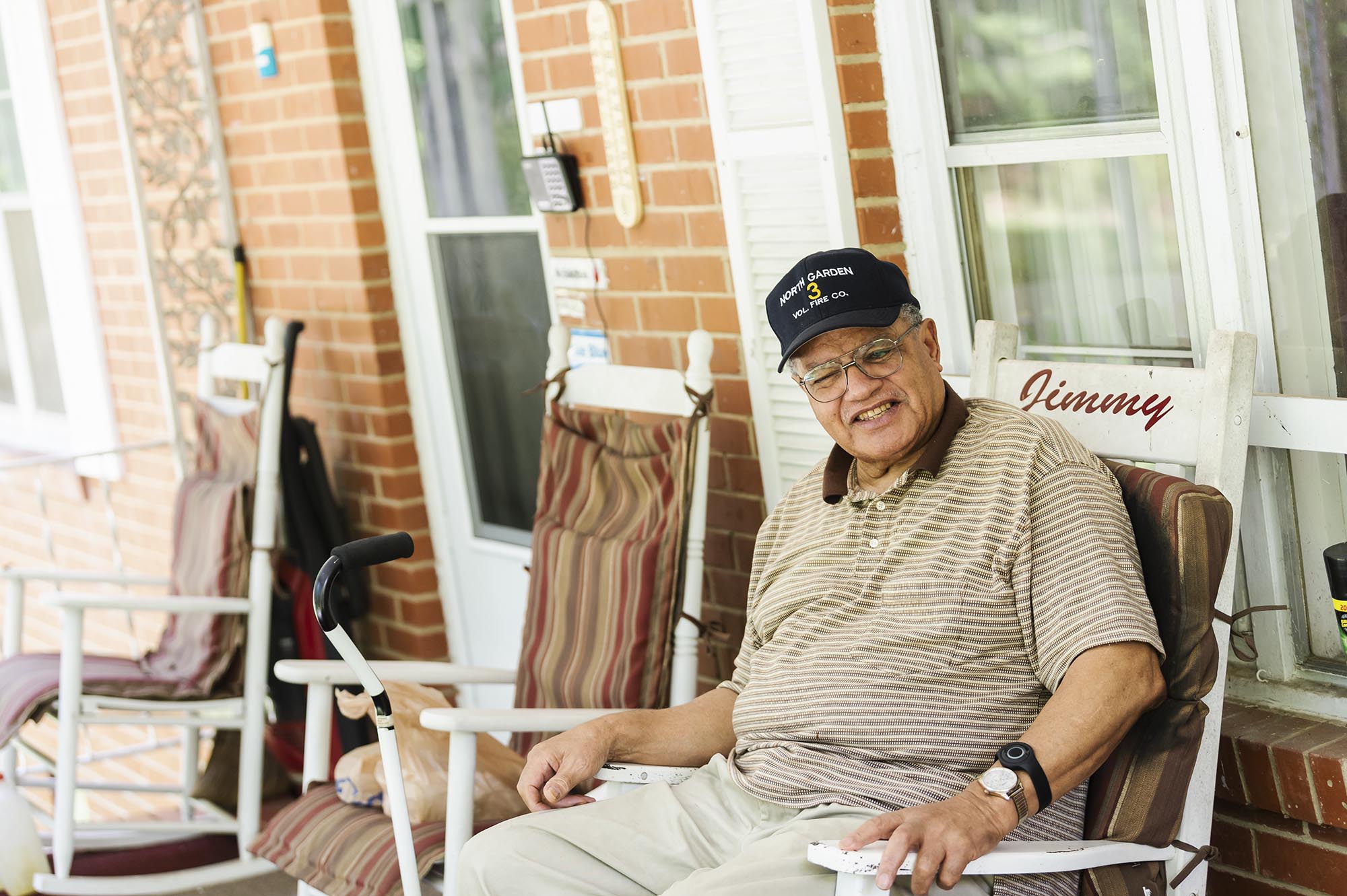
The Albemarle Housing Improvement Programs works on a variety of projects for members of the local community. (Photo by Dominique Attaway)
Q. Can you tell UVA Today readers about your organization and its work in the community?
A. AHIP believes that everyone should be safe at home. We are a nonprofit construction and social services organization that delivers critical home repairs, rehabs and energy upgrades to low-income homeowners in Charlottesville and Albemarle County who couldn’t afford to make these improvements on their own.
Q. What impact has the pandemic had on your organization? What challenges have you faced? What obstacles are you still dealing with?
A. The pandemic has been so hard on everyone. During lockdown, it became more important for people be safe at home and more challenging to complete the construction work to make that happen. The pandemic economy created an extra layer of financial instability and pain for lower-income families who experienced a greater proportion of job losses and uncertainty. These financial hits can have immediate and long-term effects for households on the edge, increasing the number of households who will need our help when something goes wrong with their house.
Q. How do gifts via the CVC help your organization and its work?
A. Local supporters are the key. Donations made via the CVC go right to work at AHIP, fueling our emergency repair and critical rehab programs, reducing wait times for clients and ensuring that this work continues year-round. We deploy these donations into local neighborhoods, where they turn into roof repairs, heating system replacements, insulation, septic repairs, new windows and new floors.
We are exceptionally grateful to be a part of the CVC that shines a light on AHIP’s work – and for the generous support of the UVA community who makes this work better and stronger.
Sue Erhardt, Executive Director, Ivy Creek Foundation
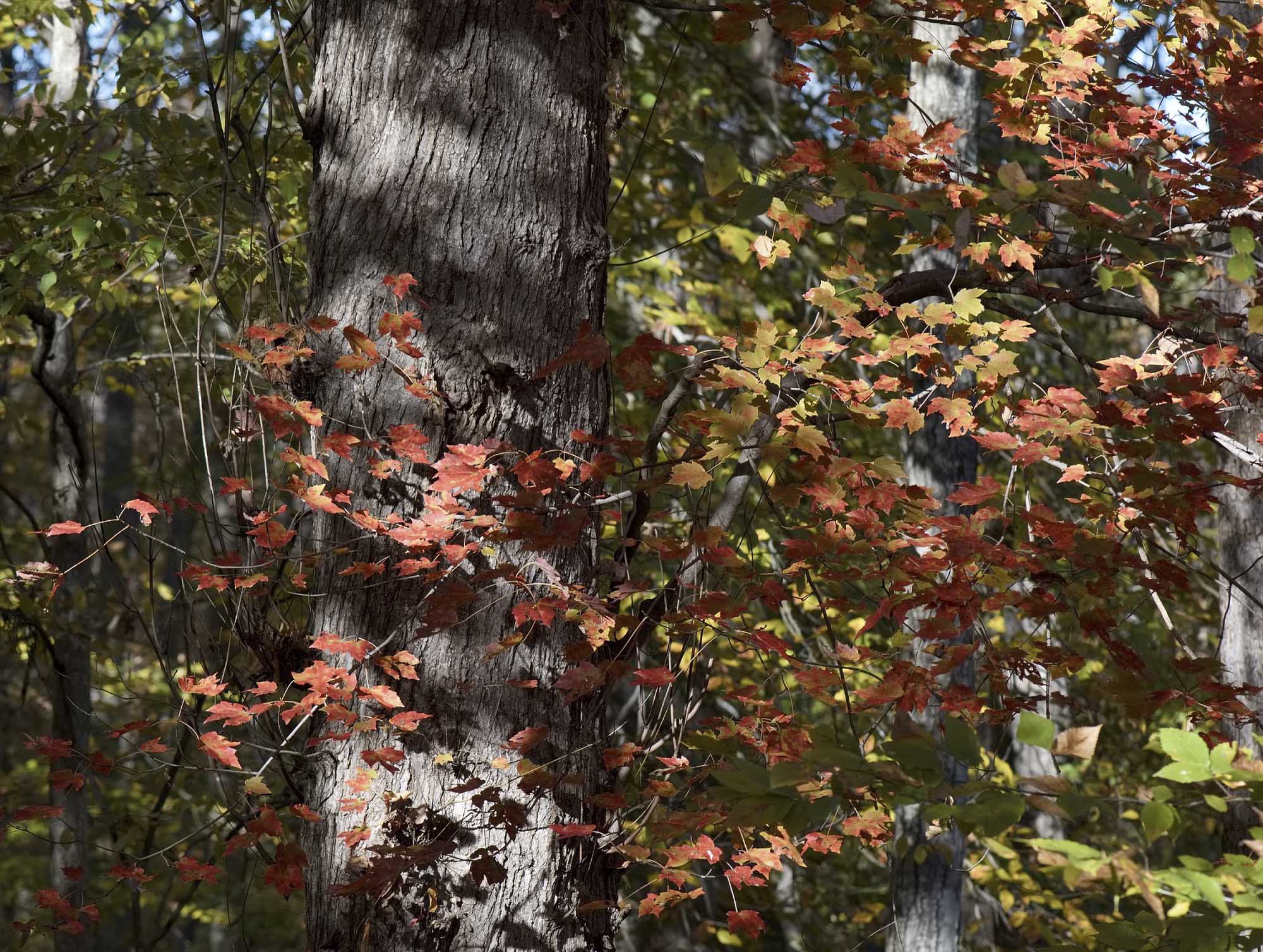
The Ivy Creek Foundation focuses on preserving the Ivy Creek Natural Area, which provides educational and recreational opportunities for community members. (Photo courtesy Ivy Creek Foundation)
Q. Can you tell UVA Today readers about your organization and its work in the community?
A. The Ivy Creek Natural Area was previously known as River View Farm. River View Farm is a rare surviving example of the Union Ridge/Hydraulic Mills community of African American farmers, pastors, craftspeople and businessmen that flourished in the region beginning in the late 19th century. Ivy Creek Foundation are stewards of this land, our mission is connecting people to the past and present by honoring the land, history and community.
Q. What impact had the pandemic had on your organization? What challenges have you faced? What obstacles are you still dealing with?
A. The Ivy Creek Natural Area has a network of more than seven miles of walking trails, designed and maintained by the Ivy Creek Foundation. ICF is honored to provide our community with a safe place during the pandemic. As our community confronts the extraordinary challenge of COVID-19, this natural area has experienced a 29% increase in visitation.
Recently a teacher from a Charlottesville school shared that visiting our site will be the only field trip his students take all year. We are happy to be a resource for schools.
Q. How do gifts via the CVC help your organization and its work?
A. Gifts via the CVC allow us to preserve River View Farm, maintain this culturally rich and scenic natural site, and continue to share one of the rare surviving examples of the Union Ridge/Hydraulic Mills community of African American farms that flourished in the region beginning in the final quarter of the nineteenth century. Gifts also help us maintain the seven miles of trails that are such a great resource for the health of our community, and a living classroom to explore the rich cultural and natural history of the region.
Kim Peel, Director of Philanthropy & Communications, Jefferson Area Board for the Aging
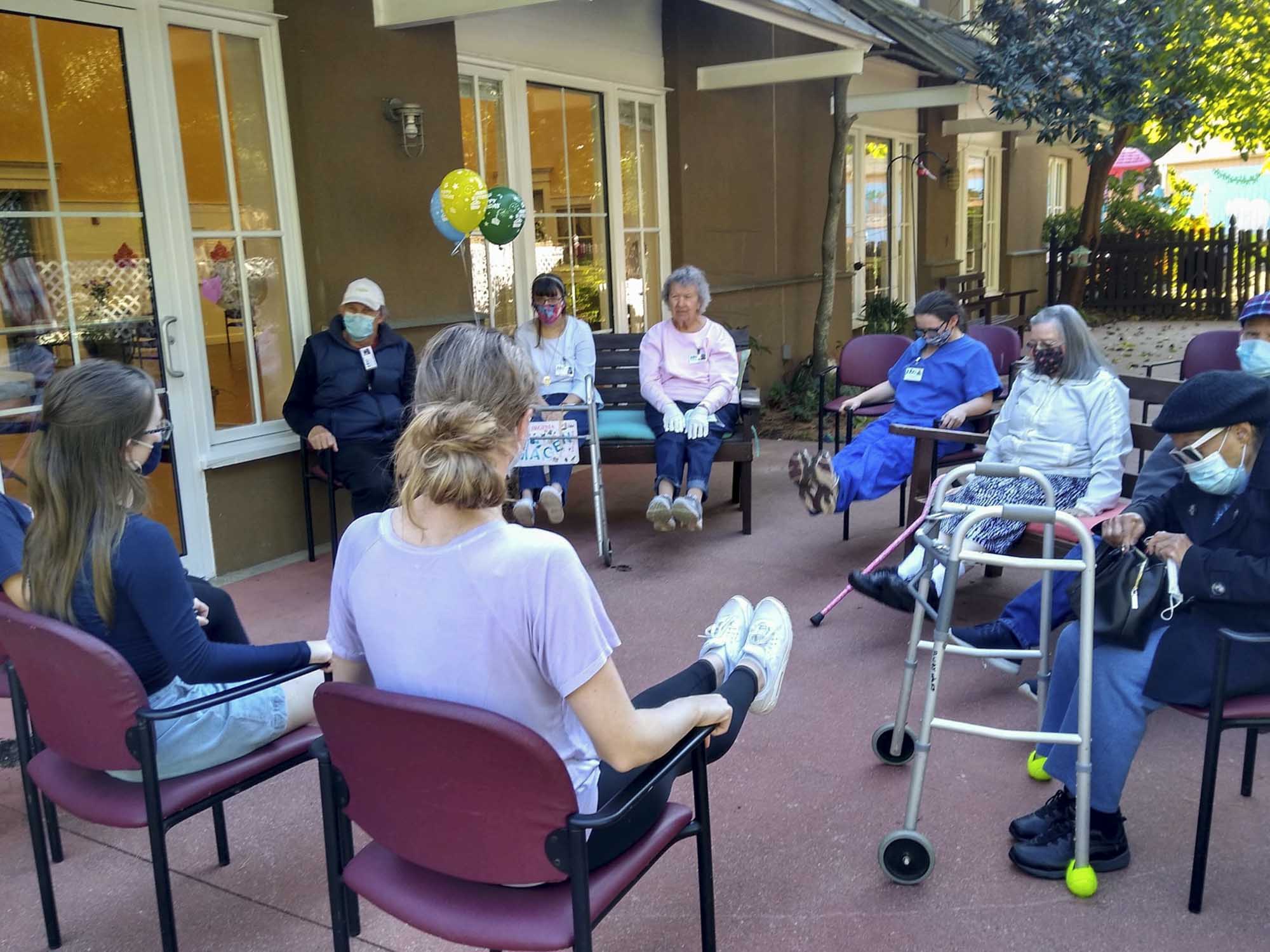
The Jefferson Area Board for the Aging provides services and support for older adults and those living with disabilities. UVA student volunteers frequently help facilitate their activities. (Photo courtesy Jefferson Area Board for the Aging)
Q. Can you tell UVA Today readers about your organization and its work in the community?
A. JABA offers a wide range of services to meet the needs of older adults and individuals with disabilities so that they can live in the home and community of their choice – with dignity and independence – for as long as possible. Services include our Senior Helpline to connect people with resources, nine community senior centers, two adult day care centers, home-delivered meals, Medicare counseling, health services and much more. Services are provided, regardless of ability to pay.
Q. What impact has the pandemic had on your organization? What challenges have you faced? What obstacles are you still dealing with?
A. Since the start of the pandemic, we have had an unprecedented number of seniors who were homebound and isolating, requesting home-delivered meals. We have been able to say yes to those needs due, in part, to support received through the CVC.
Our aging services coordinators continue to respond to requests for emergency needs. Sometimes an elder needs a bit of help with a heating or cooling bill, a home repair to make it safer to get around, or in one recent case, a bed to replace a makeshift pad on the floor.
Q. How do gifts via the CVC help your organization and its work?
A. The CVC is incredibly valuable to a nonprofit organization like JABA, as it allows us to plan our work, knowing that we can count on that support for the upcoming year. We welcome gifts that donors designate for specific programs. We are also grateful to those who prefer to have JABA target those dollars in areas of greatest need, which as we have seen through the pandemic, can change quickly. Since March 2020, we have had to re-imagine and retool all of our services. CVC donations from our friends at UVA help make it possible for us to continue to adapt to meet seniors’ needs in our community and we are grateful for their support.
Kate Duvall, President & CEO, Piedmont Court Appointed Special Advocates
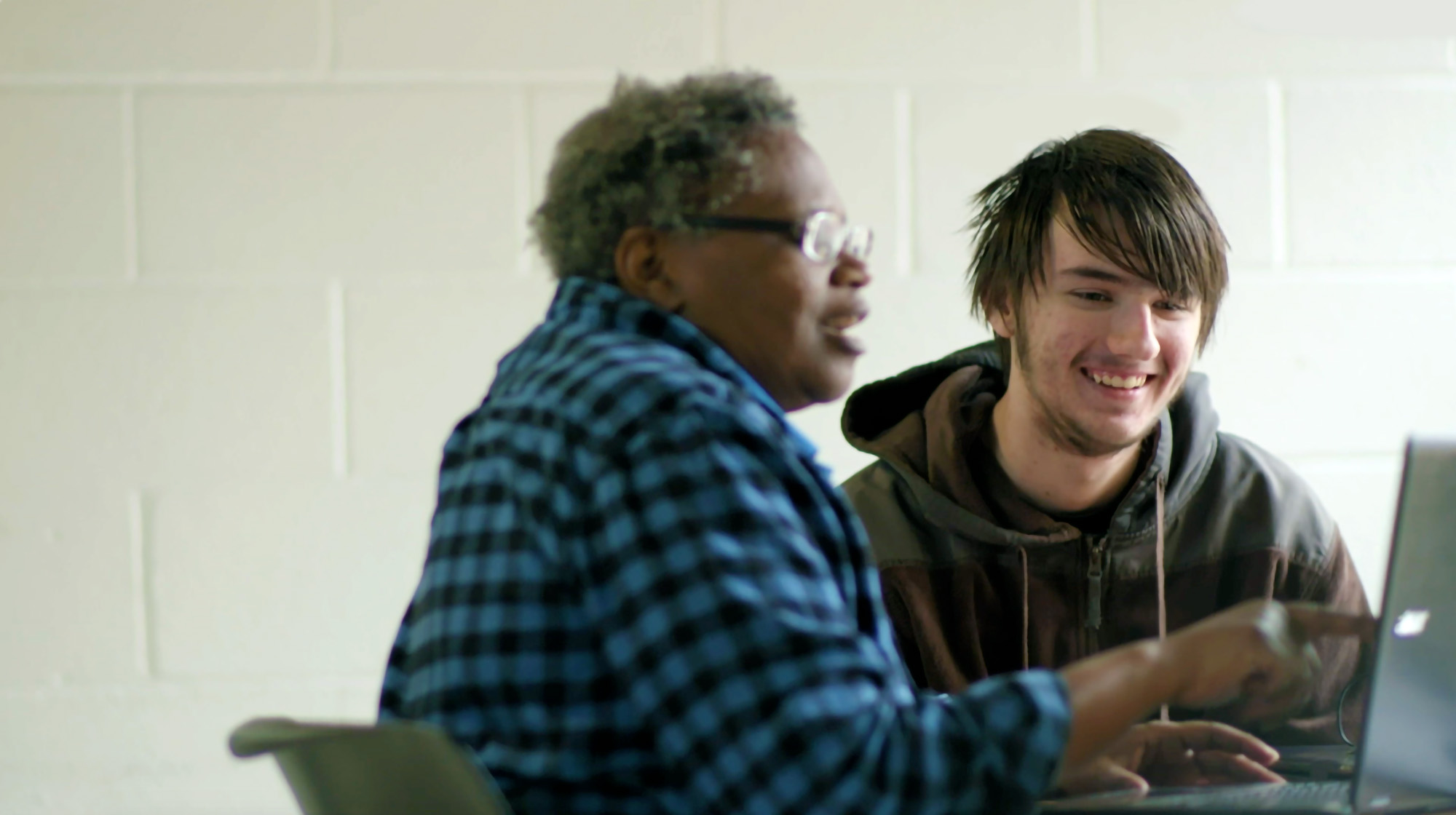
Piedmont CASA staff member Gwen Jones works with a local youth whom she coaches as part of the organization’s Bridges to Success program. (Photo courtesy Piedmont CASA)
Q. Can you tell UVA Today readers about your organization and its work in the community?
A. Each year Piedmont Court Appointed Special Advocates provides volunteers who advocate for the best interests of hundreds of boys and girls in the foster care system, ranging in age from newborn to 18-plus. Their cases originate in Charlottesville, Albemarle, Greene and Louisa. More than 87% of these children come from homes surviving at or below the federal poverty level.
Q. What impact had the pandemic had on your organization? What challenges have you faced? What obstacles are you still dealing with?
A. The pandemic created significant personnel and financial challenges for nonprofit organizations. Piedmont CASA was also impacted by these issues, but their magnitude was compounded by staffing challenges, the cancellation of our flagship fundraising event, and a marked decrease in grant-giving.
While the number of children coming into foster care declined during the pandemic, the abuse and neglect that we are seeing in our cases is more severe. We are concerned that this pattern will continue, and that case numbers may increase as the governmental safety nets provided at the height of COVID start to fall away. Adequate funding is necessary for us to be able to meet these challenges and continue to serve children in our community.
Q. How do gifts via the CVC help your organization and its work?
A. A new study shows that kids with CASA volunteers are more hopeful. And when kids have hope, outcomes improve. They have more academic success, enhanced well-being, increased self-control, positive social relationships and optimism – tools they need to change their story. Gifts via the CVC help Piedmont CASA give kids hope.
Media Contact
Article Information
December 8, 2021
/content/uva-employees-still-have-time-make-difference-local-community

